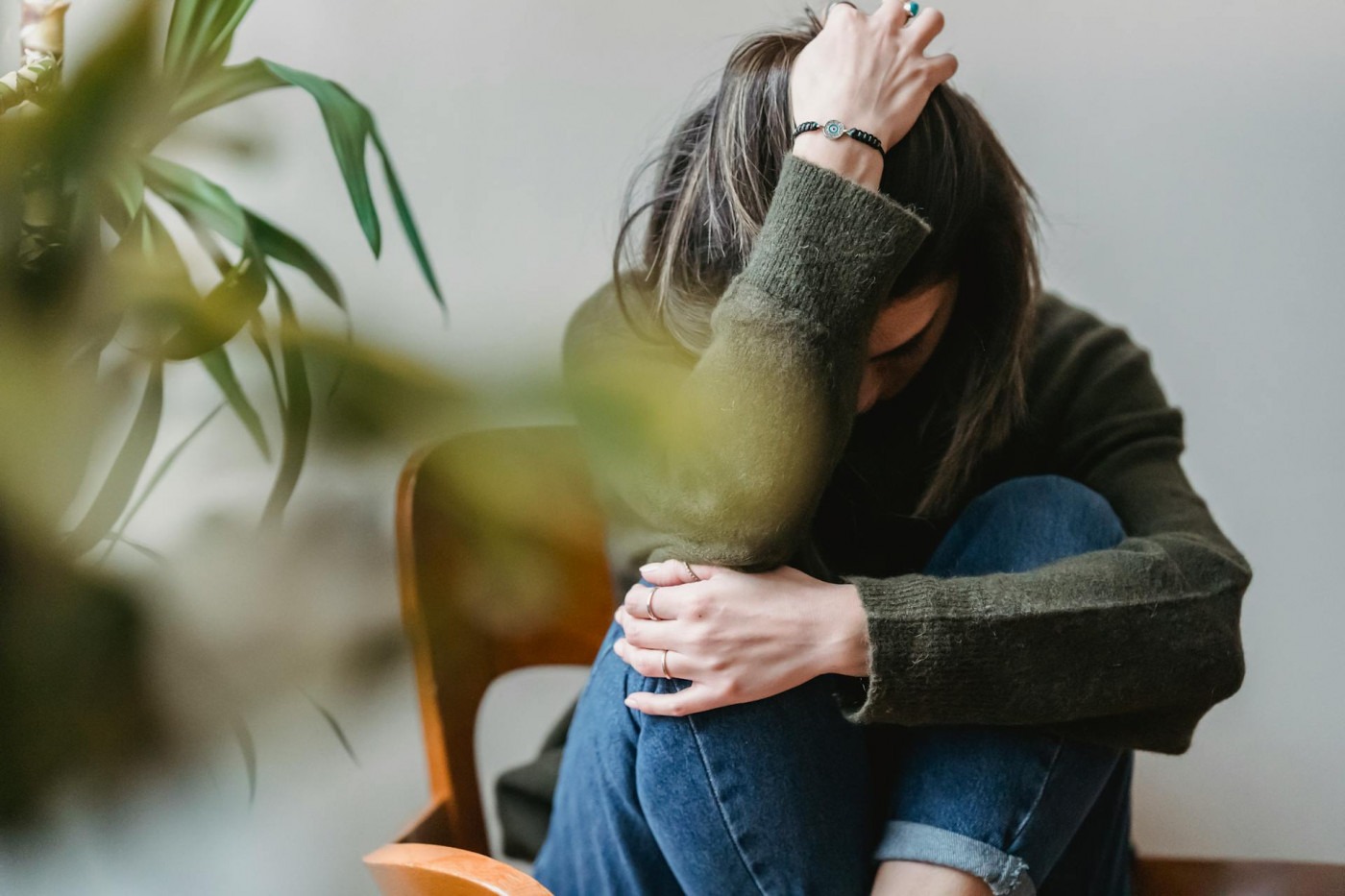Mental health crisis in young people spikes, with one in four now reporting a mental health condition
One in four young people aged 16 to 24 in England now have a mental health condition, an NHS survey has found.
The Adult Psychiatric Morbidity Survey, which monitors trends in mental health in England, has shown that the rate of common mental disorders in this age group has risen from 18.9% in 2014 to 25.8% in 2024, an increase of over a third in a decade.
Common mental disorders include conditions such as generalised anxiety disorder, depression, panic disorder, phobias, and obsessive-compulsive disorder.
36.1% of young women were identified as having a mental health condition, compared to 16.3% of young men
The report also found that the gender gap for those reporting mental health conditions has also widened.
36.1% of young women were identified as having a mental health condition, compared to 16.3% of young men. Self-harm has also been reported by nearly one in three young women (31.7%), compared to 24.6% of young people overall.
Sally McManus, who co-led the survey, said: “We do see, by far and away, the highest rates [of self-harm and suicidal ideation] in young women.”
The report also suggested that the Covid-19 pandemic may have been a key contributing factor to this rise, alongside the cost-of-living crisis and climate anxiety.
McManus, discussing the findings, said: “Young people are growing up worried about many aspects of their lives […] Young people may have been one of the groups whose mental health was most affected by Covid.”
The data, which covers the period of March 2023 to July 2024, also found a link between mental health and socio-economic inequality.
This report exposes the huge scale of need facing a system that is already in breakdown, particularly involving the services available to young people
Marjorie Wallace, Chief Executive of SANE
People who are unemployed or living in deprived areas were more likely to have a common mental health condition, have attempted suicide, and screen positive for PTSD.
A separate survey by the British Association for Counselling and Psychotherapy also found that 72% of 16 to 25-year-olds were finding loneliness to have had a negative impact on their mental health. This was the highest of any age group surveyed.
Despite the rise in mental health conditions, more people appear to be accessing treatment. The NHS survey found that 47.7% of adults with symptoms of a common mental health condition were receiving therapy, medication, or both, up from 39.4% in 2014.
However, mental health organisations have raised concerns that support services are still under pressure.
Marjorie Wallace, Chief Executive of the mental health charity SANE, said: “This report exposes the huge scale of need facing a system that is already in breakdown, particularly involving the services available to young people.”
Dr Sarah Hughes, Chief Executive of Mind, added: “The nation’s mental health is deteriorating and our current system is overwhelmed, underfunded and unequal to the scale of the challenge.”

Comments